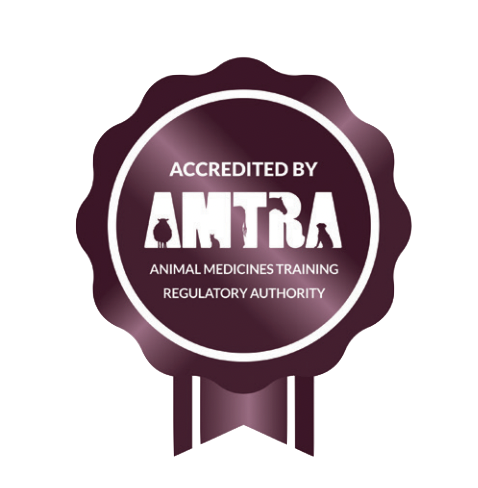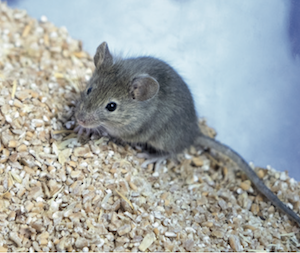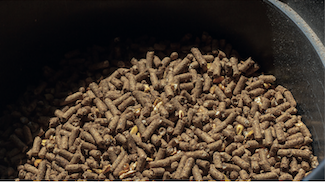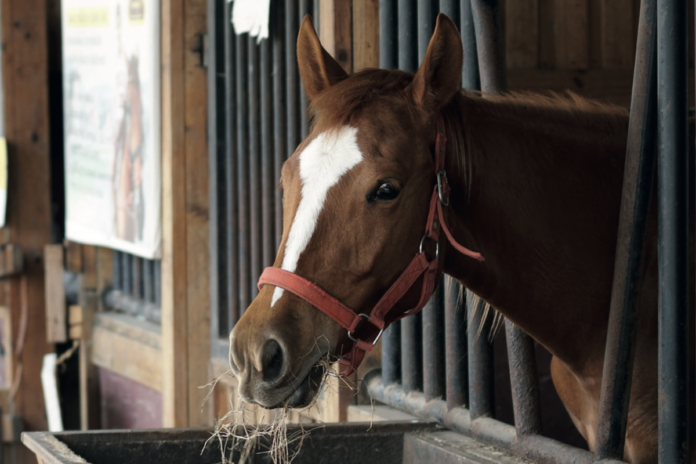FEED HYGIENE: WHAT YOU NEED TO KNOW

By Sarah Nelson, SPILLERS nutritionist.
AMTRA is required by the Veterinary Medicines Regulations to ensure its RAMAs/SQPs undertake CPD. All RAMAs/SQPs must earn a certain number of CPD points in a given period of time in order to retain their qualification. RAMAs/SQPs who read this feature and submit correct answers to the questions below will receive two CPD points. For more about AMTRA and becoming a RAMA/SQP, visit www.amtra.org.uk
Sourcing your feed supplies from a reputable manufacturer is the first important step in the journey of stocking a premium product. But the final keys for hygiene and quality control lie with you, the retailer, as well as the customer making the purchase. Good storage is king.
This practical advice will help you and your customers keep feed fresh, horses healthy and reduce the risk of NOPS contamination.
SHAPES, SIZES AND SELL BY DATES
Feed comes in all shapes and sizes from plastic ‘bale’ style bags and paper sacks to tubs and small treat bags. Some have a shelf- life of a few weeks while others will last safely for several months - provided they are stored appropriately.
By unloading and storing feed correctly from the start, you can prevent losses from insects, mite, rodents, birds and moulds. Prevention is much easier, safer and more cost effective than having to take corrective measures.
SAFE STORAGE

Your feed store should be secure, clean, dry and fit for purpose and fully proofed against birds, rats, mice and insects. All feed should be placed away from direct sunlight and overhead lights and away from open doors.
The recommended storage temperature is 12 degrees centigrade or below to inhibit insect activity, but to be extra safe it’s advisable to implement a routine pest control programme to keep those destructive rats, mice, insects and birds safely at bay. Large stores should be fumigated on an annual basis in accordance with COSHH regulations.
CHECK, UNWRAP, RACK AND ROTATE
All feed should be checked on delivery to ensure that there are no damaged bags, no build-up of moisture on the bags and no build-up of dust. All shrink wrap should be removed from deliveries before storing otherwise moisture may build up and form mould, providing the perfect environment for insects.
Bagged feed must be elevated from the floor, on racking or pallets. This allows ventilation between the floor and the stock and reduces the possibility of attack by pests. Ideally a six-inch gap should be left between pallets to provide ventilation, to enable the product to be inspected on a weekly basis and to prevent any cross-contamination.
Adopting a ‘first in first out’ process will ensure stock is rotated to prevent new stock being dispatched over old stock.
Only animal feed should be stored in a feed room, to prevent contamination. All glass lights should be secured with a suitable guard. All breakages must be cleared up immediately and lights replaced. All breakages should be documented in the event of traceability being needed. Remember that eating, drinking and smoking should never be allowed in your feed storage area.
BIN IT
It’s also important to ensure feed is stored appropriately after it is opened. Feed bins should be soundly constructed and hard- wearing and should be cleaned and dried after each use.
Sealed lids are crucial, not only to prevent mite infestations in the summer months but also to prevent feed from being contaminated, going stale, drying out, going mouldy and becoming unpalatable. Bin ends and rubbish should be removed daily and disposed of away from the store to detract vermin.
For extra cleanliness it’s a good idea to vacuum the store on a weekly basis and to vacuum up any spillages as they occur. Vacuuming is more hygienic than sweeping and causes less dust.
UNDERSTANDING NOPS

NOPS stands for naturally occurring prohibited substances. Such substances have the potential to exert an effect on a horse and are either naturally present within certain ingredients or occur as a result of inadvertent cross contamination at any stage prior to the horse eating the feed.
The most common NOPS found include:
- Caffeine – Cacao and coffee
- Theobromine – Cacao and its metabolite Theophylline –Tea
- Morphine – Opium poppy, Papaver somniferum
- Hyoscine – Nightshade, Datura
- Hordenine – Germinating barley
- Bufotenine – Phalaris grasses, toads and toadstools
- Lupanine – Lupins
- Atropine – from Atropa belladonna, or deadly nightshade
NOPS KNOW HOW
- If you are selling directly to a rider remind them that it’s important to know the origin of all their other feeds and supplements, and what they contain.
- Avoid any potential for cross contamination in your storage areas – this means keeping cans of Coke, Red Bull, coffee and tea mugs, chocolate and any bakery products that may contain sources of NOPS such as poppy seeds or chocolate well away from feed.
- Recommend customers record batch details of their feed and ideally retain a small sample from each batch.
- Be aware that if you knowingly sell products to people competing under rules (of any discipline) you are responsible for ensuring that the product is fit for purpose e.g. NOPS approved. The contract of sale is between the retailer and the rider not the manufacturer.
Investing in a good feed store and adopting a stringent feed management strategy is an efficient and economically sound practice. Prevention of a problem occurring is always preferable to having to deal with the setback of a feed hygiene crisis.
AT A GLANCE: TEN STORAGE TIPS FOR YOU AND YOUR CUSTOMERS
- A feed store should be secure, dry, cool and clean at all times.
- Keep feed off the floor and away from walls.
- Block up all holes in your feed room to stop vermin helping themselves.
- Feed bins should be soundly constructed, clean and dry with secure lids.
- Bin ends, old feed, and rubbish should be removed on a regular basis.
- All spillages should be cleaned up as soon as they occur.
- If you tip feed out of bags into bins, or for samples, do not dispose of the bags until the feed has been used in case you need to contact the supplier for any reason.
- Always check the product’s name and best before date whether taking in stock or purchasing feed.
- Always use feed that is in date and use up opened bags before starting another.
- Do not buy more feed than you can sensibly store.











